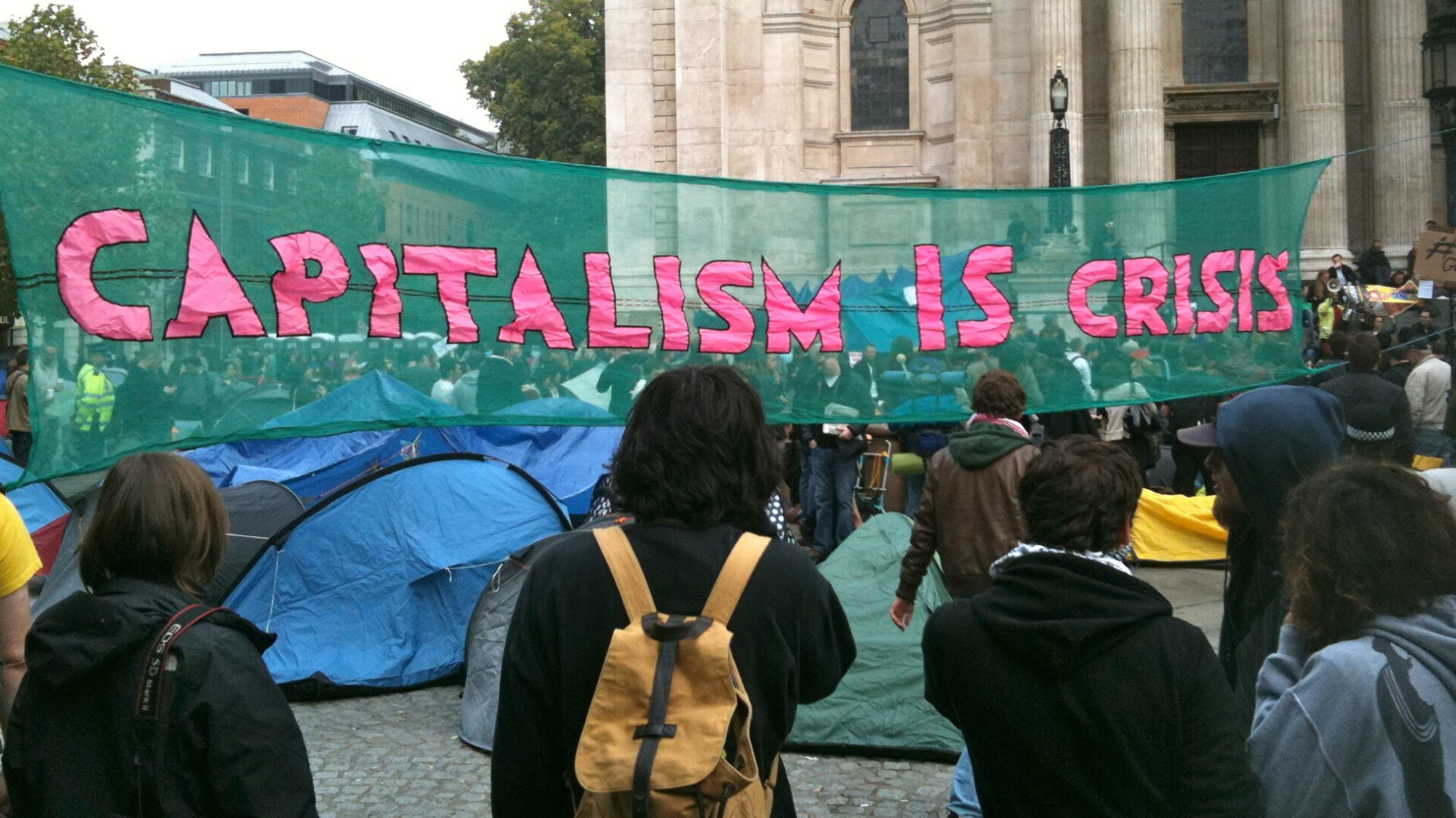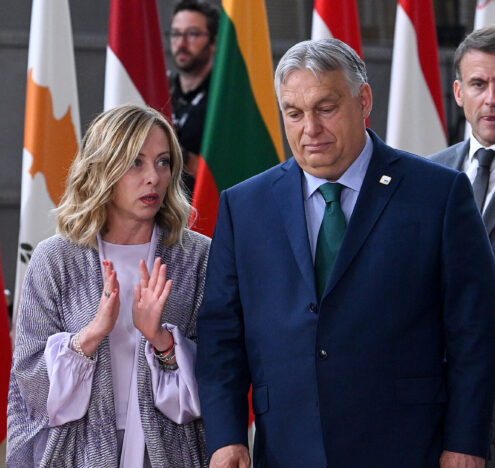It’s a common phrase, “fiscal responsibility.” But what if, in assessing nations’ levels of fiscal responsibility, individuals thought of them not as countries, but as other individuals, applying heuristics in a way they would to a sibling or friend. That is the argument put forth by Patrick Clasen in “Treating nations like people: How responsibility attributions shape citizens’ fiscal solidarity with other EU countries,” published earlier this year in Journal of European Social Policy. “When expressing solidarity with another country,” Clasen explains, “individuals rely on cues about deservingness.”
The article brings together two lines of research: the first on EU fiscal policy and solidarity, the second on social policy attitudes and deservingness.
Clasen is careful to note that “Responsibility attributions are stereotyped, and as such, they are vague.” And more than that, “They apply to a given nationality, rather than distinguishing between decision-makers of a country on the one hand and its ordinary citizens on the other hand.”
Clasen tested responsibility attributions by taking survey data from 10 EU countries and applying logistic regression.
“Responsibility attributions are stereotyped, and as such, they are vague.”
– Patrick Clasen
Clasen found that citizens in rich welfare states feel less solidarity with other countries if they feel they’re responsible for whatever crisis they find themselves in.
Fiscal Solidarity with Whom?
Also, while citizens with a strong cosmopolitan European identity are more likely to express a sense of fiscal solidarity, that identity’s effect is largely independent of responsibility attributions. Citizens in poorer countries may also think that countries are poorer because of weak economic management, but they are less likely to consider responsibility attributions: they don’t lessen their expressions of solidarity.
Perhaps unsurprisingly, responsibility attributions are more relevant in higher-income countries. And in those richer countries, individuals who believe “weaker” countries mismanaged economies are less likely to express solidarity.
Arguably more surprising is that “the more extensive the welfare state, the less likely citizens are to express solidarity with other countries.” Citizens in such countries have strong solidarity with one another, but at the cost of solidarity with those beyond their borders. They see European solidarity and resources for their own national welfare as being at odds. Citizens in strong welfare states evidently feel they have more to lose from extending solidarity.
The research, Clasen asserts, “contributes to our understanding of the role of deservingness attributions in European solidarity, as well as to our understanding of the role of the welfare state in solidarity.” He suggests that, in the future, researchers should spend more time studying deservingness, and also considering what shapes’ citizens ideas of other countries and other countries’ attributes and their corresponding level of deservingness. The role of the national welfare state, Clasen concludes, also deserves deeper consideration.





















